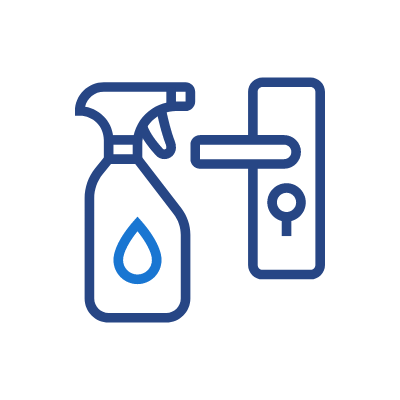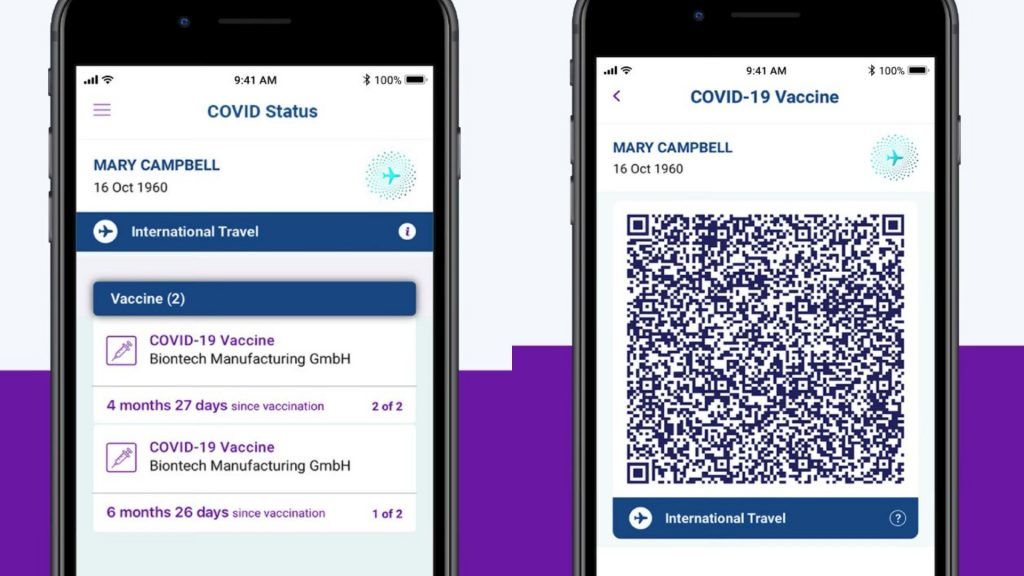Demand for home care staff has never been higher, so if you’re looking for a career change, this might well be for you!
Here’s the skinny on the top 10 reasons to consider care as a career … (and yes, we’re hiring at Social Care Alba!)
1. It’s Rewarding!
Of course, job satisfaction is crucial to a happy work-life! And as a care worker, you are supporting people who will often really appreciate your help and your presence. For the majority of people, you are working to provide them greater independence to live a better quality of life, and knowing that you are really making a difference for those you support, can make care work an immensely satisfying job.
2. Offers Flexibility
Whatever your commitments, whether that’s family, lifestyle activities or simply a better work-life balance, a job in care can allow you to work around them. In fact, whilst many people take up social care to work around their families – many never leave the profession, enjoying as they do, the flexibility to work reduced or changing hours to suit their needs! At SCA, we strive to ensure that our staff have the flexibility to work hours that accommodate their commitments, with guaranteed hours for job security.
3. A Sense of Belonging
You are one of the key people in the lives of those you support, so you’ll get to know them well. But there’s also a sense of belonging within your team, as you work with, and support, each other. As an employer, Social Care Alba knows how important it is to feel ‘a part of something’; that’s why we put a lot of emphasis on growing strong, supportive teams, with mentoring, training, and social activities, including the occasional night out!
4. Personal Development
Working with vulnerable people, you will learn so much about others – and yourself! There will be difficult situations and decisions that you will be part of, and this will test your strength and resilience. However, you will also gain a deeper understanding of the difficulties that vulnerable people face on a day-to-day basis, and, with that, a greater sense of empathy, responsibility, self-awareness and frequently – diplomacy!
5. The Perks
These vary between care companies, but can really make the difference between a good job and a great job! Alongside our in-depth professional training, SCA also offers a £500 Welcome Bonus, enhanced overtime of 20%, and access to our Mentorship Programme, as well as a 3-year career plan, guaranteed hours and permanent contracts to boot!. Our belief is that valued people make the best care staff, so our ‘perks’ are our way of giving back to our team for the hard work they do.
6. Training Opportunities
As a profession, care work requires first-class training to ensure that staff recognise and can effectively implement the standards required by a whole host of professional bodies. This is a huge plus for those who undertake the training, providing many transferable skills as well as a pathway to advancing their career. Everyone at SCA benefits from an annual learning and development plan, and can take part in many additional practical and online courses. These range from workshops and courses in dementia technology, to SVQs and support for an MSC in Social Work. Many of our staff are also working with the Bill and Melinda Gates Foundation – so there are opportunities abound for those who want to get ahead in their care career!
7. Community
Being an active part of supporting your community is rewarding in itself, but there’s a bigger picture here. Our care staff act as a vital link to other groups and support systems that may be able to provide further help to those you support. As part of your care role, you will be out in the community on a daily basis, and get to know many people whom you might not otherwise meet. This can bring forth many other opportunities to get involved in your community in ways you would not think of! At SCA, we keep abreast of events and activities that could benefit those we support – and our teams!
8. Practical Hands-on Role
Love being hands-on? As a care worker, you will be providing a wide range of support, from personal care and medication administration to housework, shopping and assisting with specific social needs of the individual. That’s why a practical mindset and a ‘can-do’ attitude is key in care work, and if you have that on your Work Wishlist, this role provides the perfect opportunity to utilise your skillset – and thrive in your job!
9. It’s also Challenging!
There’s no question that care provision can be supremely challenging at times; however, that’s exactly what can make the job worthwhile, with no two days alike, as one of our staff explained; “As a personal assistant, I enjoy the day-to-day tasks, but it’s the difficult situations that really bring home how important my job is – that’s what gives me a real feeling of accomplishment”. Wise words indeed! If you’re up for a challenge, don’t mind late or early shifts, and can keep your cool when things get tricky, this job is for you!
10. Career Advancement
Of all the great reasons to consider working in home care provision, the security of embarking on a long-term career is definitely ‘up there’! Over time, your skills, expertise and experience makes you an invaluable part of a team, able to manage, mentor and motivate others as they learn the ropes, or struggle with challenging parts of the job. From Personal Assistant to Senior Personal Assistant – right through to Team Leader, you can maximise your skillset, knowing that you have a ‘job for life’ and the security that comes with it.
So, now that you have some of the key incentives that propel so many to work in the care profession, why not get in touch with us at Social Care Alba? Let us help put you on track to a rich and rewarding career in care.





